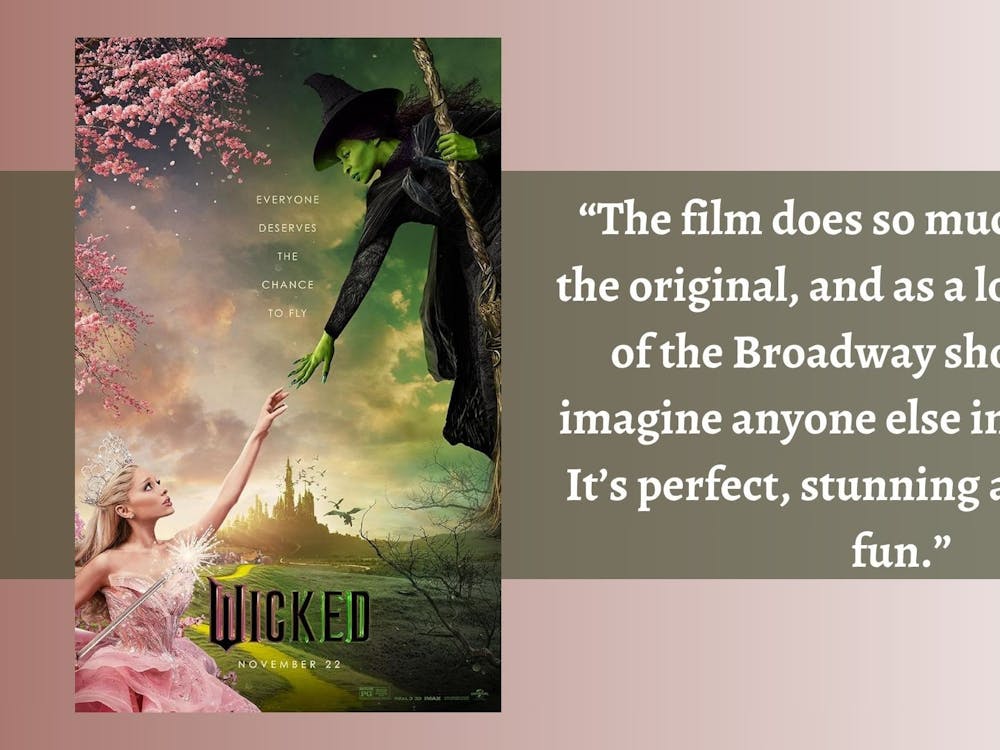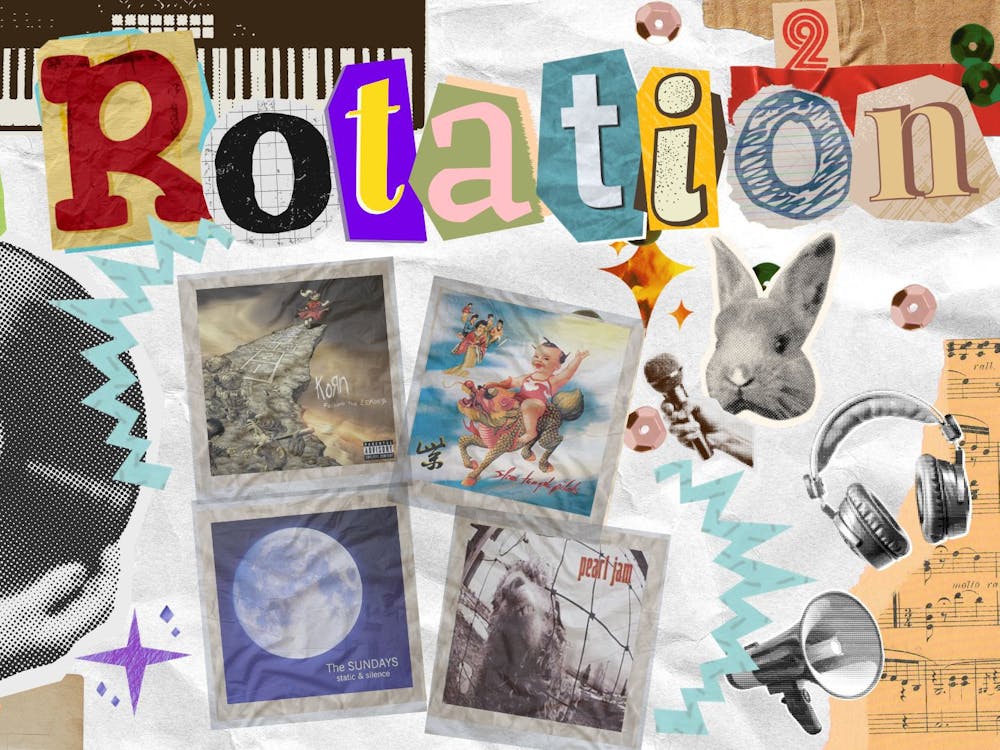By Devon Shuman, Senior Staff Writer
Not everyone can make it as an artist.
A successful artist must be talented. They must have a strong, yet balanced sense of perseverance, determination and patience. They must be willing to commit themselves fully and tirelessly to their craft. Most importantly, they must possess the ability to lie to themselves, to convince themselves that they are on the right path, that it wouldn't be safer and more responsible in this competitive economic climate to secure a paying job and put food on the table.
This internal dilemma lies at the heart of FX's absurdist comedy, "Baskets," from creators Louis C.K., Zach Galifianakis and Jonathan Krisel.
Galifianakis plays Chip Baskets, an aspiring clown who moves back to his hometown of Bakersfield, California after failing miserably out of a prestigious clown school in Paris. He brings with him his beautiful, cold and spoiled wife, Penelope (Sabina Sciubba), as well as a determination to not give up on his dreams. He quickly secures a job as a local rodeo clown, which he soon learns is less about the flourish of high-end juggling and twirling, as much as it is about getting chased and battered by aggressive bulls. This change of scenery is highlighted when he tells his new boss that his clown name is Renoir.
"Can't have no clown here named Renoir," the old cowboy explains, sipping out of a ridiculous toilet-shaped coffee mug. "You're Baskets - Baskets the clown."
While the rodeo becomes a place of physical torment for Chip, he finds no emotional solace in his personal life. He struggles to make enough money to pay for the motel room he is staying in. His only means of transportation is an electronic scooter, which he promptly totals. And he is forced to deal with constant disapproval of his profession from his peers.
"You are not a cloon," Penelope tells him over the phone in her heavy Parisian accent. "You will never be a cloon!"
Chip responds by yelling into the receiver, "I AM a cloon!"
Chip's response emphasizes the central idea of the show. Even as it becomes increasingly evident that he would be better off replacing clowning with a real job, and that his wife doesn't love him and only married him for a green card, he is able to continue believing the necessary lies he tells himself. In its handling of Chip's thought processes, "Baskets" does an impeccable job of meticulously finding the balance between productive and outright delusional.
Complementing the strong thematic material is intelligent, but very particular, humor. "Baskets" doesn't aim for punch lines as much as it seeks out comedy in the way people act and talk. In Galiafianakis' town, you won't find any Chandler Bing zingers, but you will find people that order obscure sodas (Tab, Schweppes, anything from the Slice family) at drive-thrus, or that settle for a hot dog when the gas station cashier explains that they don't have an Americano. Not everyone will like it, but that's the nature of art. Chances are, if you don't like any of Galifianakis' previous work ("The Hangover," "Due Date"), you probably won't cozy up to watch "Baskets."
While Galifianakis is wonderful as Chip (as well as his jerk of a twin brother, Dale), his performance is equaled by the supporting actors, all of whom are on their A-game. Martha Kelley, a comedian in her first acting stint, channels her hilarious deadpan persona as Martha, a timid insurance agent who befriends Chip after he crashes his scooter. In any situation, no matter how wacky or uncomfortable, she is able to hold her straight face and monotone delivery while still conveying emotion.
Enjoy what you're reading?
Signup for our newsletter
Chip's mother, played by comedian Louie Anderson in drag, steals every scene she's in. She's the stereotypical caring-but-maybe-too-overbearing matriarchal figure, which is displayed in her sidesplitting rants to Chip on anything from Costco to the Reagans ("We'd be livin' on Mars if him and Nancy were still in the White House").
The writers are careful to not let these goofy characters become caricatures. It takes time, but each is given depth. In one particularly satisfying scene, after serving Penelope a swift dose of karma, Chip's mother says to her, and on some level to the audience, "I'm not as simple as you think I am, dear."
"Baskets" is a unique show on all levels. Louis C.K.'s presence can be felt not just in the absurdist feel to the show, but also in the artistic cinematography. In one beautiful scene, shots alternate between present-day Bakersfield and the Paris of Chip's memories, both of which see him smoking and listening to educational French.
"Je deteste ici," the instructor says - I hate it here.
"Baskets" isn't for everyone, but for fans of this style of humor and storytelling, it's one of the best comedies on air. Ostensibly a ridiculous premise, Chip's tale of struggle gets at the heart of what it means to be an artist, and in a broader sense, what it means to be human.
3.5/5 stars




